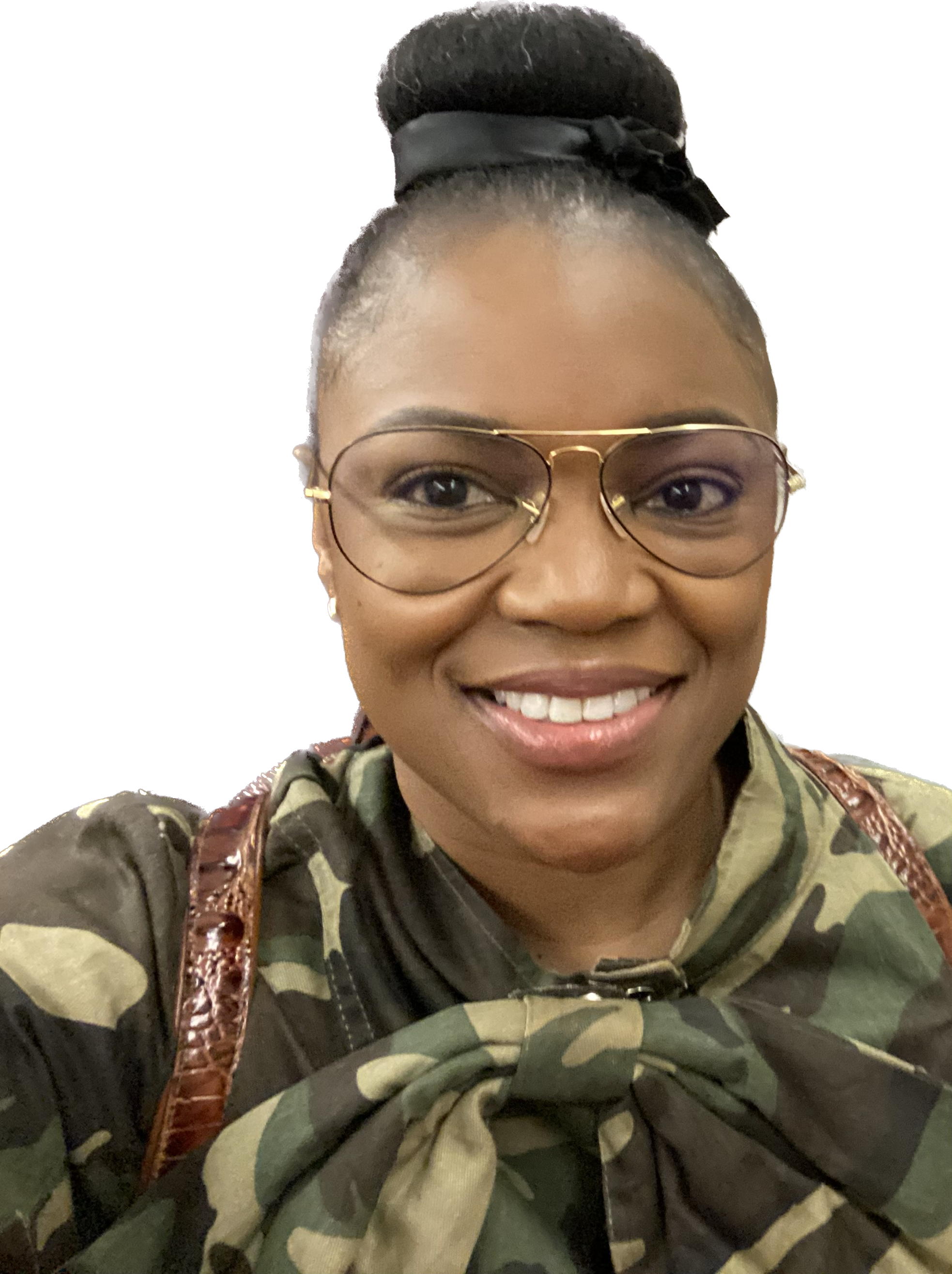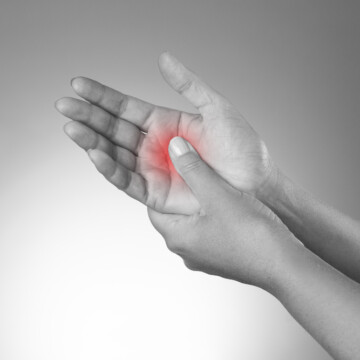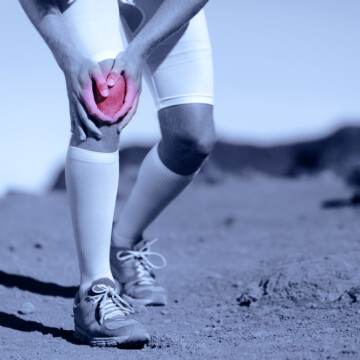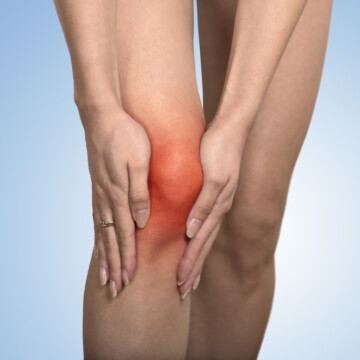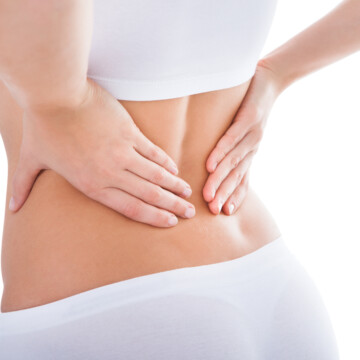
Bowlers, have you been struggling with a herniated disc and are not sure if you should continue to bowl?
You're not alone. In this blog post, we will explore whether or not it is safe for bowlers with a herniated disc to continue bowling.
We will also provide some tips on how to manage your injury and still enjoy the game you love.
Let's jump in!
Contents
- 1 Can You Bowl With a Herniated Disc?
- 2 What Is a Herniated Disc?
- 3 How Can I Treat a Herniated Disc?
- 4 Is Bowling Bad for You if You Have a Herniated Disc?
- 5 Can Bowling Make a Herniated Disc Worse?
- 6 What Symptoms Should a Bowler Monitor if They Have a Herniated Disc?
- 7 How to Bowl With a Herniated Disc
- 8 What Activities Should You Avoid if You Have a Herniated Disc?
- 9 What Activities Can You Do if You Have a Herniated Disc?
- 10 How Long Does One Take To Recover After a Herniated Disc Surgery?
- 11 Should I Do Physiotherapy After a Herniated Disc Before Returning to Bowling?
- 12 Can I Join a Professional Bowling League After a Herniated Disc?
- 13
Can You Bowl With a Herniated Disc?
Bowling isn’t recommended if you have a herniated disc until your symptoms improve and have been cleared by your doctor. The constant twisting and turning can aggravate the condition and potentially make it worse.
What Is a Herniated Disc?
A herniated disc occurs when the soft inner material of the spinal disc leaks out through a tear in the tough outer layer. This can happen due to a sudden injury or from repetitive stress on the disc.
The most common symptom of a herniated disc is pain. This pain can range from mild to severe and may radiate down into your arms or legs.
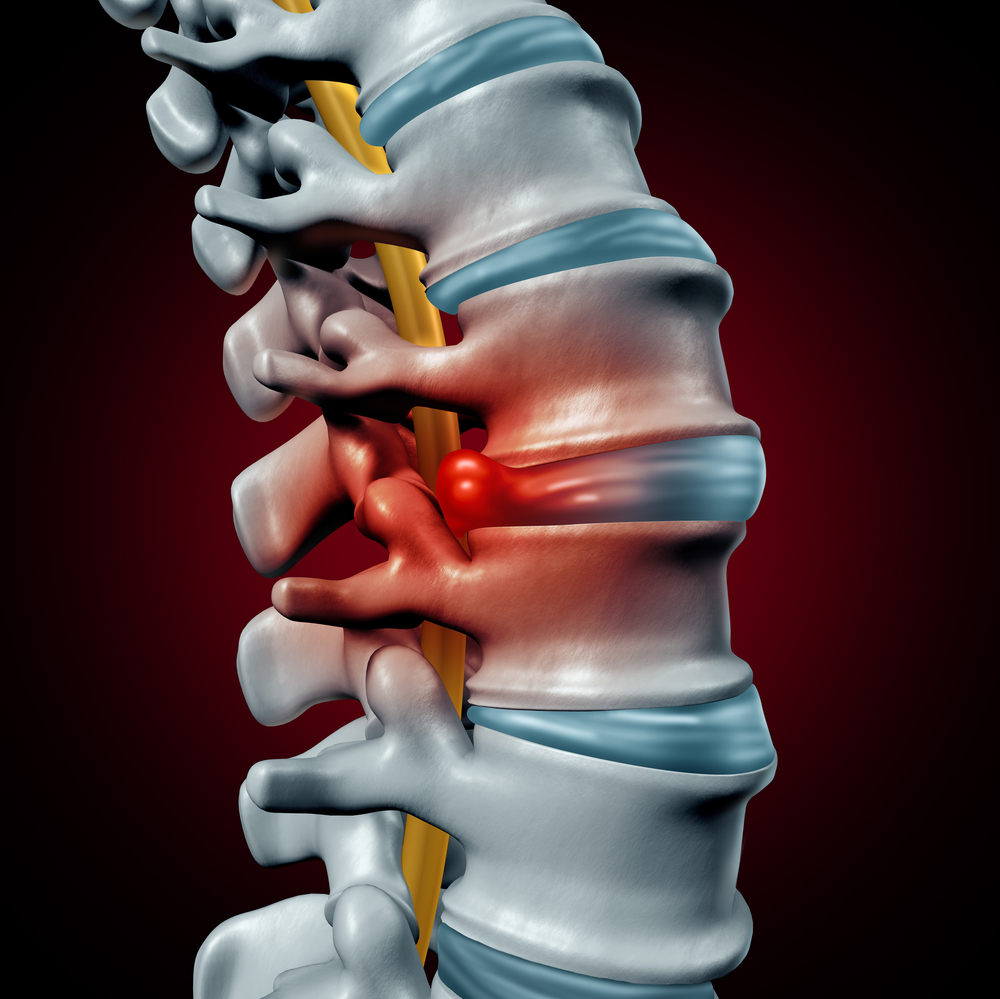
How Can I Treat a Herniated Disc?
If you have a herniated disc, there are several treatment options available.
- Rest is often recommended as the first line of treatment. This means avoiding activities that aggravate your pain or put extra strain on your back.
- You may also be prescribed medication to help manage your pain. Pain relievers, anti-inflammatories, and muscle relaxants can all be helpful in managing herniated disc pain, spinal injuries, and cervical disc herniation pain.
- Physical therapy or surgery. In physical therapy, you will learn exercises to strengthen the muscles around your spine and help support your back. You may also be taught how to properly move and lift to avoid further injury.
- Epidural steroid injection and therapeutic ultrasound are some medical procedures that can be used to treat a herniated disc.
Is Bowling Bad for You if You Have a Herniated Disc?
If you have a herniated disc, the last thing you want to do is put any more pressure on it. Unfortunately, that is exactly what bowling can do.
When you bowl, you are using a lot of upper body strength to throw the ball. This puts additional pressure on your spine, which can aggravate your herniated disc.
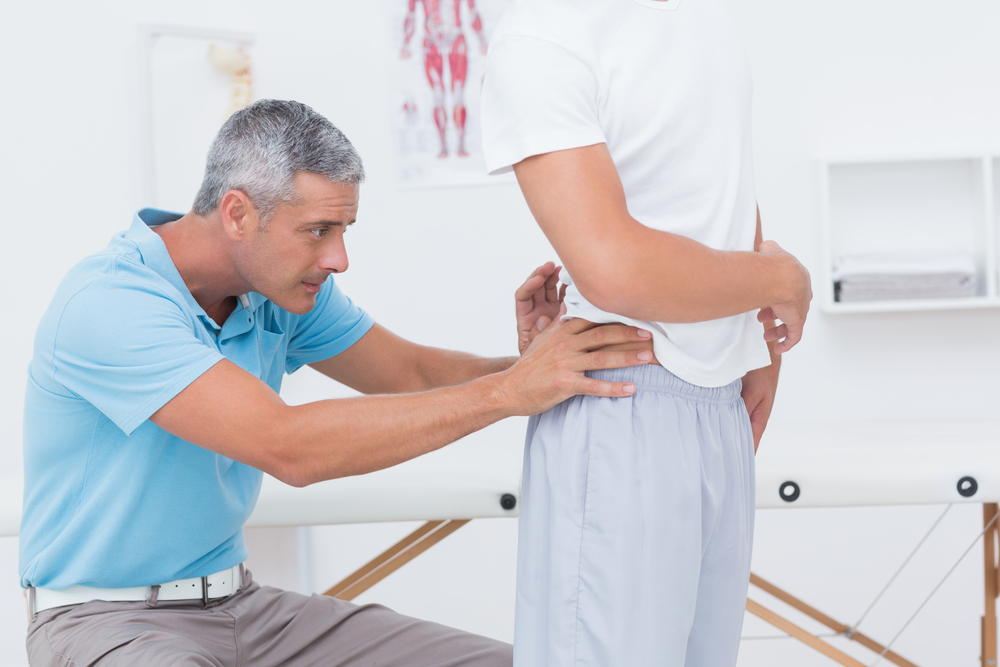
Can Bowling Make a Herniated Disc Worse?
Bowling can actually make a herniated disc worse. The twisting and turning motions can put additional strain on the discs in your spine. If you already have a weakened disc, it could rupture completely.
In addition, when you bowl, you are often bending over at an awkward angle. This can also put a strain on your back and make your herniated disc worse.
What Symptoms Should a Bowler Monitor if They Have a Herniated Disc?
If you have a herniated disc, it is important to monitor your symptoms and seek medical attention if they worsen.
Some symptoms to watch out for include:
- Severe pain that radiates down your arms or legs.
- Numbness or tingling in your arms or legs.
- Weakness in your arms or legs.
- Difficulty moving or walking.
How to Bowl With a Herniated Disc
If you have a herniated disc and want to return to bowling, there are a few things you can do to make it easier on your back.
- Use a light ball: There’s no need to put extra strain on your back by using a heavier ball.
- Start slowly and listen to your body: If you experience any pain, stop bowling and rest.
- Use a bowling ramp if possible: This will allow you to bowl without having to bend down and pick up the ball.
- Be sure to warm up before you bowl: This will help loosen your muscles and prepare your body for the activity.
- Use proper form: Good form will help you avoid putting extra strain on your back.
Bowling with a herniated disc is possible, but it's important to take it easy and listen to your body. If you experience any pain, stop bowling and seek medical attention.
What Activities Should You Avoid if You Have a Herniated Disc?
If you have a herniated disc, it's important to avoid activities that put extra strain on your back.
This includes activities like:
- Lifting heavy objects
- Twisting or turning your body
- Bending down
- Sitting or standing for long periods of time
- Doing laundry
- Vacuuming
- Shoveling snow or gardening
What Activities Can You Do if You Have a Herniated Disc?
If you have a herniated disc, there are still plenty of activities you can do.
Some safe activities include:
- Walking
- Swimming
- Yoga
- Pilates
- Stationary biking
- Light weightlifting
- Taking breaks often to move around and stretch
How Long Does One Take To Recover After a Herniated Disc Surgery?
Recovery times for herniated disc patients vary depending on the individual and the type of surgery performed. In most cases, people can expect to be back to their normal activities within four to eight weeks.
During this time, it is important to follow your doctor's instructions and avoid activities that could put a strain on your back. You may also need to attend physical therapy to help strengthen your back and improve your range of motion.

Should I Do Physiotherapy After a Herniated Disc Before Returning to Bowling?
Yes, it is recommended that a physical therapist or physiotherapy is sought after a herniated disc to help improve your range of motion and strengthen your back. This will make it easier for you to return to bowling and reduce your risk of further injury.
Your physiotherapist can also give you specific exercises to help prepare your body for the activity.
Bowling with a herniated disc is possible, but it's important to take it easy and listen to your body. If you experience any pain, stop bowling and seek medical attention.
Can I Join a Professional Bowling League After a Herniated Disc?
It is possible to join a professional bowling league after herniated discs, but it's important to consult with your doctor first.
They will be able to advise you on whether it's safe for you to return to the activity and what precautions you should take.
Your physiotherapist can also help you prepare for the activity and reduce your risk of further injury.
Is Bowling Hard on Your Back?

Bowling itself is not hard on your back, but if you have a pre-existing condition like a herniated disc or degenerative disc disease, it's important to take precautions.
What Is the Most Common Injury in Bowling?
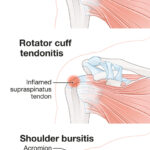
The most common bowling injury is a strained muscle.
But more serious injuries like Rotator Cuff Tears can occur if you have a pre-existing condition like a herniated disc.
How Can I Prevent Injury When Bowling?

If you have a pre-existing condition like a herniated disc, it's important to take precautions when bowling. This includes warming up before bowling, taking breaks often, and using proper form.
What Does a Wrist Brace Do for Bowling?
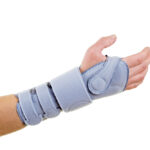
A wrist brace can help stabilize your wrist and prevent injuries. It is especially helpful if you have a pre-existing condition like carpal tunnel syndrome.
How Can I Improve My Bowling Score?

Working on your approach, aim, and release
There are many factors that can affect your bowling score, but practicing regularly and using the proper form are two of the most important things you can do.
Can Bowling Make You Sore?
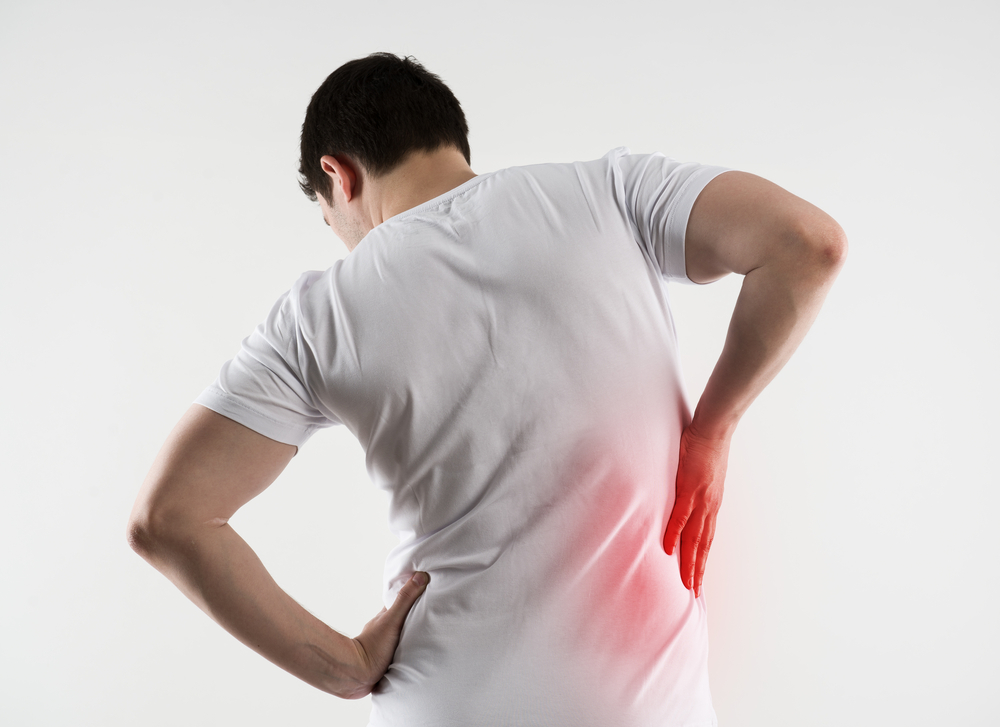
Yes, bowling can make you sore.
Pushing your body to the limit, whether it's through exercise or any other physical activity, will always cause some level of soreness. The good news is that this soreness is usually temporary and goes away after a day or two.
Related Articles
A herniated disc can be a painful condition, but with the right treatment, you can still enjoy many activities, including bowling.
However, it's important to take precautions and listen to your body.
If you experience any pain, stop bowling and seek medical attention. With the right precautions, you can bowl without worsening your condition.
Kira Byrd, a Certified Fraud Examiner, holds a B.S. in Accounting from the University of Alabama at Birmingham. With a passion for bowling from her childhood, Kira has poured her expertise and personal experiences into creating and nurturing Bowling For Beginners. Kira's mission is to meet new bowlers where they are and guide them toward consistently achieving higher scores. With a focus on skill development and strategic techniques, she empowers readers to take control of their game and unlock their true potential.
Bowling For Beginners embodies strict editorial integrity, ensuring reliable and unbiased information. Kira's commitment to delivering valuable insights and practical strategies is reflected in every article. Here's an explanation of our editorial policy and how we get money.

